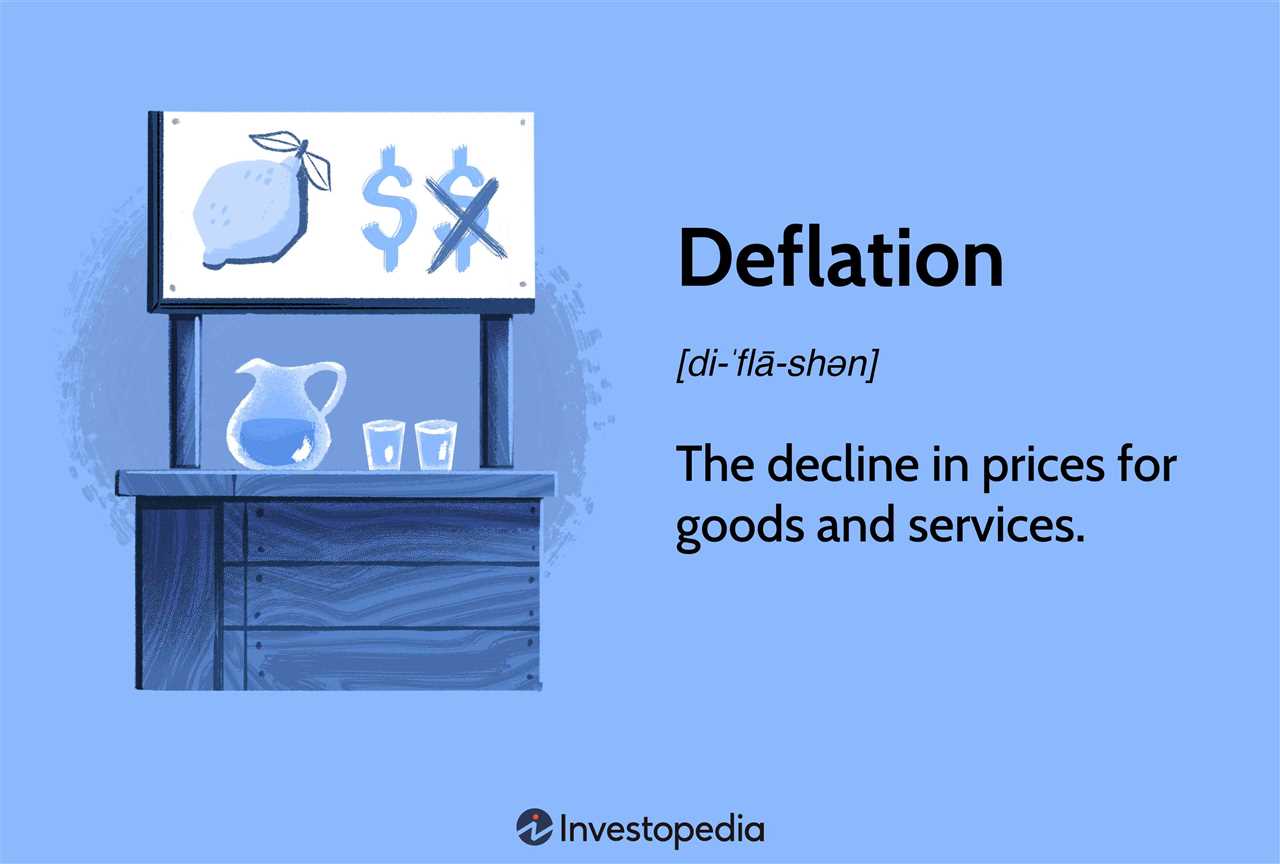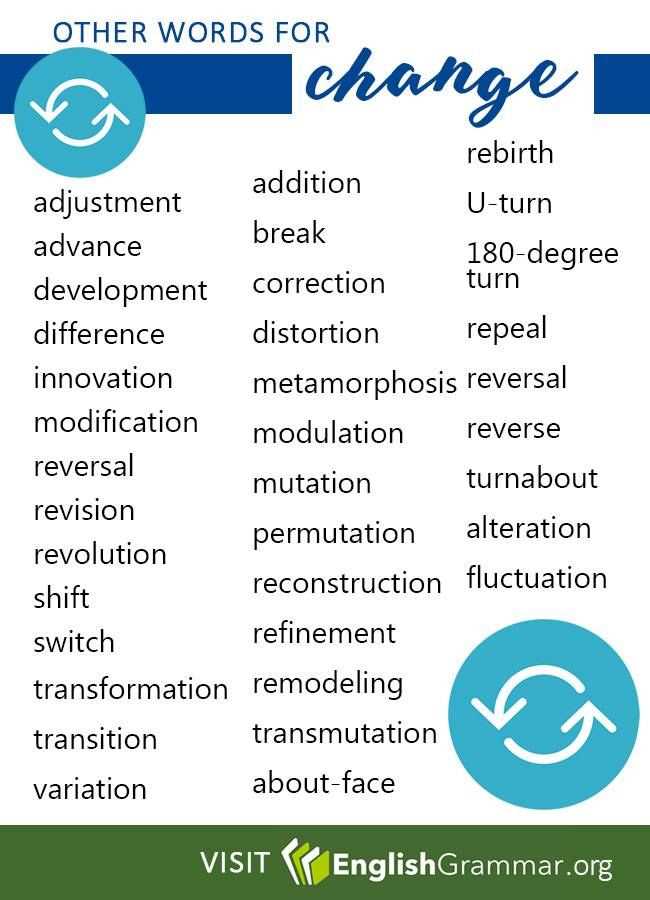
In a world that is constantly in motion, it is important to have a diverse vocabulary to describe the transient nature of things. The words “unstable”, “fluctuating”, “mutable”, “volatile”, “dynamic”, “shifting”, and “fluid” all capture the essence of change in their own unique ways. These words not only convey the idea of constant movement, but also emphasize the unpredictable and ever-evolving nature of the world we live in.
When something is described as “unstable”, it implies that it is easily disrupted or disturbed. This word highlights the delicate balance that exists in many aspects of life, where even the slightest change can have a significant impact. Similarly, the word “fluctuating” suggests a constant back and forth motion, indicating that something is never static or fixed.
The term “mutable” emphasizes the ability for something to change or be changed. It implies a certain flexibility or adaptability, as if something has the capacity to transform itself in response to its surroundings. On the other hand, “volatile” conveys a sense of unpredictability and instability, suggesting that something is prone to sudden and dramatic changes.
The word “dynamic” encompasses the idea of constant movement and progress. It implies a sense of energy and momentum, as if something is always in motion. Similarly, “shifting” suggests a continuous process of change, where things are constantly moving from one state to another.
Lastly, the word “fluid” captures the idea of smooth and seamless change. It suggests a state of constant motion, where boundaries are blurred and things seamlessly transition from one form to another. In this sense, “fluid” implies a certain grace and ease in the way that change occurs.
Overall, these alternative words for “ever-changing” provide a rich and nuanced vocabulary to describe the dynamic nature of the world. Whether something is described as “unstable”, “fluctuating”, “mutable”, “volatile”, “dynamic”, “shifting”, or “fluid”, each word offers a unique perspective on the transient nature of life.
Synonyms for Constantly Changing

When something is constantly changing, it can be described using various synonyms that convey the idea of instability and evolution. Here are some alternative words for constantly changing:
- Unstable: Describes something that is not steady or predictable.
- Evolving: Refers to something that is gradually developing or changing.
- Shifting: Indicates a continuous movement or transformation.
- Fluid: Describes something that is capable of flowing and changing easily.
- Fluctuating: Refers to something that is constantly rising and falling.
- Dynamic: Describes something that is full of energy and constantly changing.
- Transient: Indicates something that is temporary or short-lived.
- Mutable: Refers to something that is capable of being changed or altered.
These synonyms can be used interchangeably to convey the idea of constant change and instability. Whether you are describing a situation, a person, or a concept, these words will help you effectively communicate the idea of something that is always evolving and shifting.
Perpetually Evolving
In the ever-changing world we live in, things are never static. Instead, they are fluid, shifting, and volatile. The landscape of ideas, technology, and culture is mutable, constantly fluctuating and never stable. It is this constant state of change that defines our existence, as we are always evolving and adapting to new circumstances.
Just as the tides ebb and flow, so too does the world around us. Our understanding of the universe is ever-evolving, with new scientific discoveries challenging our preconceived notions. The economy is transient, with markets and industries rising and falling in response to changing demands and trends.
While some may find this constant state of flux unsettling, it is important to embrace the opportunities it presents. By recognizing that change is inevitable, we can better prepare ourselves for the challenges and uncertainties that lie ahead. Instead of fearing the unknown, we can view it as an opportunity for growth and personal development.
Ultimately, it is our ability to adapt and evolve that allows us to thrive in this ever-changing world. By remaining open-minded and willing to learn, we can navigate the shifting currents of life with grace and resilience. So let us embrace the beauty of a perpetually evolving world and embrace the endless possibilities it holds.
| Words | Meanings |
|---|---|
| Fluid | Changing and flowing easily |
| Shifting | Moving or changing |
| Volatile | Changing quickly and unpredictably |
| Mutable | Capable of change or being changed |
| Fluctuating | Changing often and irregularly |
| Unstable | Not steady or firm |
| Evolving | Developing and changing over time |
| Transient | Not lasting or permanent |
Continuously Transforming
The concept of continuously transforming refers to something that is in a constant state of change. It can be described using various alternative words, such as mutable, transient, volatile, fluctuating, fluid, shifting, evolving, and unstable.
When something is mutable, it means that it is capable of being changed or altered. Similarly, something that is transient is temporary and does not stay the same for long. On the other hand, the term volatile suggests that something is highly changeable and unpredictable.
Fluctuating describes something that is constantly changing in value or level. It implies a state of instability and unpredictability. The word fluid can also be used to describe something that is constantly changing and adapting to new circumstances.
Shifting refers to something that is constantly moving or changing position. It implies a state of continuous transformation. Similarly, evolving suggests a gradual and ongoing development or transformation.
Finally, unstable describes something that is not firmly fixed or steady and is prone to change or collapse. It implies a lack of stability or predictability.
In conclusion, the concept of continuously transforming encompasses various alternative words, each highlighting different aspects of constant change. Whether it is described as mutable, transient, volatile, fluctuating, fluid, shifting, evolving, or unstable, the idea remains the same – something that is in a constant state of transformation.
Consistently Shifting

The concept of “consistently shifting” refers to a state of constant change and transformation. It implies a dynamic and fluid nature, where things are always in motion and never static. The term encompasses the idea of fluctuating, evolving, shifting, unstable, volatile, and transient elements.
In a consistently shifting environment, nothing remains the same for long. This state of constant flux can be seen in various aspects of life, such as technology, society, and nature. Technology is constantly evolving and advancing, with new innovations and updates being introduced regularly. Society is always changing, with shifts in cultural norms, values, and trends. Nature itself is in a constant state of flux, with weather patterns, ecosystems, and species evolving and adapting.
Being aware of the consistently shifting nature of the world can help individuals and organizations adapt and thrive. Embracing change and being open to new possibilities can lead to growth and success. It is important to be flexible and agile, able to navigate the ever-changing landscape and seize opportunities as they arise.
However, the consistently shifting nature of things can also create challenges and uncertainties. It can be difficult to predict outcomes or plan for the future when everything is in a constant state of flux. This instability and volatility can create a sense of unease and require individuals and organizations to be resilient and adaptable.
Overall, the concept of consistently shifting highlights the dynamic and ever-changing nature of the world we live in. It reminds us to embrace change, be flexible, and continuously evolve in order to thrive in a fluid and fluctuating environment.
Other Terms for Always Changing

When something is always changing, it can be described using a variety of words that convey a sense of constant movement and transformation. Here are some alternative terms that can be used to describe this state:
1. Transient: Something that is transient is temporary and constantly shifting.
2. Fluid: This term suggests a smooth and continuous change, like the flow of a liquid.
3. Dynamic: Describing something as dynamic means that it is full of energy and constantly evolving.
4. Fluctuating: When something fluctuates, it goes through regular and unpredictable changes.
5. Evolving: This word implies a gradual and progressive change, often leading to improvement or development.
6. Volatile: Something that is volatile is highly changeable and can be unpredictable.
7. Unstable: This term suggests a lack of stability or consistency, with frequent shifts and fluctuations.
8. Mutable: Describing something as mutable means that it is capable of being changed or altered.
These terms can be used interchangeably to convey the idea of constant change and movement, allowing for a more nuanced description of a dynamic situation or phenomenon.
Endlessly Morphing

In the realm of constant change, the world is in a state of perpetual motion. It is a world that is shifting, fluctuating, and unstable. Everything is evolving, mutable, and transient. This ever-changing world is dynamic and fluid, with no fixed form or structure. It is a world that is constantly reshaping itself, adapting to new circumstances and challenges.
Infinitely Modifying

The concept of “infinitely modifying” refers to the idea of constant change and adaptation. It encompasses the transient, fluctuating, dynamic, volatile, shifting, mutable, evolving, and fluid nature of things. This term emphasizes the ever-changing nature of various aspects of life and the world we live in.
When something is described as transient, it means that it is temporary and does not last for a long time. It suggests that the thing is constantly changing and moving, never staying the same for too long.
Fluctuating describes something that is constantly shifting or changing in an irregular manner. It implies that the thing goes up and down, back and forth, without a predictable pattern.
Dynamic refers to something that is full of energy and constantly changing and evolving. It suggests that the thing is active and vibrant, always in motion.
Volatile describes something that is highly unstable and prone to sudden and unpredictable changes. It implies that the thing can easily change or shift in an abrupt or unexpected way.
Shifting suggests that something is constantly moving or changing position. It implies that the thing is not fixed and can easily be altered or modified.
Mutable refers to something that is capable of being changed or altered. It suggests that the thing is not set in stone and can be modified or adjusted as needed.
Evolving describes something that is gradually developing or changing over time. It implies that the thing is progressing and transforming into something new or different.
Fluid refers to something that is smooth and flowing, constantly changing shape or form. It suggests that the thing is adaptable and can easily adjust to different circumstances.
In conclusion, the term “infinitely modifying” encompasses the transient, fluctuating, dynamic, volatile, shifting, mutable, evolving, and fluid nature of things. It emphasizes the ever-changing and adaptable aspects of life and the world we live in.
Unceasingly Adapting
The concept of being unceasingly adapting can be described using various alternative words that convey the idea of constant change and adjustment. These words include mutable, evolving, dynamic, unstable, transient, fluctuating, volatile, and shifting.
| Word | Definition |
| Mutable | Capable of or prone to change |
| Evolving | Gradually developing and changing over time |
| Dynamic | Characterized by constant change, activity, or progress |
| Unstable | Not steady or fixed; liable to change or collapse |
| Transient | Not lasting or enduring; temporary |
| Fluctuating | Changing or varying in an irregular manner |
| Volatile | Prone to rapid and unpredictable changes |
| Shifting | Changing or moving from one position, direction, or opinion to another |
These words all capture the essence of unceasingly adapting, emphasizing the continuous nature of change and the need for constant adjustment and flexibility. Whether describing a dynamic environment, an evolving situation, or a mutable entity, these words highlight the importance of adaptability in navigating through the ever-changing nature of life.
Variations of Forever Changing

The concept of “forever changing” can be expressed in various ways, each carrying a slightly different nuance. Here are some alternative words that can be used to describe the idea of constant change:
- Evolving: Refers to a gradual and continuous process of change, often implying growth or development.
- Fluid: Describes a state of constant motion and adaptability, suggesting a lack of rigidity or fixed form.
- Transient: Signifies something that is temporary or passing, highlighting the impermanence of the situation.
- Dynamic: Conveys a sense of energy and movement, emphasizing the active and changing nature of the subject.
- Shifting: Implies a constant movement or alteration, suggesting a lack of stability or predictability.
- Volatile: Describes something that is highly changeable and unpredictable, often with sudden and dramatic shifts.
- Unstable: Indicates a lack of firmness or steadiness, suggesting a tendency to change or collapse.
- Fluctuating: Refers to a continuous rise and fall or variation, implying an oscillation or inconsistency.
By using these alternative words, one can capture the different nuances and aspects of the concept of forever changing, allowing for a more precise and nuanced expression of the idea.
Eternally Fluctuating

The concept of “eternally fluctuating” refers to something that is constantly changing and never remains the same. It is a state of being transient, evolving, and volatile. The term can be used to describe a wide range of things, including nature, technology, and human emotions.
One synonym for “eternally fluctuating” is “mutable,” which means capable of change or being changed. This word emphasizes the idea that something is not fixed and can be altered or modified. Another synonym is “shifting,” which implies a continuous movement or transition from one state to another.
Additionally, “unstable” and “fluctuating” are words that can be used interchangeably with “eternally fluctuating.” These words suggest a lack of stability or consistency, highlighting the constant changes and variations that occur.
Furthermore, “dynamic” is another term that can be used to describe something that is eternally fluctuating. It conveys the idea of constant movement, energy, and change. This word emphasizes the dynamic nature of the subject and its ability to adapt and evolve.
In conclusion, “eternally fluctuating” encompasses the notions of being transient, evolving, volatile, mutable, shifting, unstable, fluctuating, and dynamic. It is a concept that highlights the ever-changing nature of various aspects of life and the world around us.

I am Patrina de Silva, a psychologist and mental health blogger in Sri Lanka. After obtaining psychology degrees from the University of Colombo and Monash University, I returned home to work as a counselor while also starting the popular blog “Pressy but Happy” to provide advice on psychological issues. Over the past decade, my empathetic articles have made my blog a leading mental health resource in the country. In addition to writing, I maintain a private therapy practice, frequently volunteer counseling time, and conduct seminars, driven by my passion for destigmatizing mental illness and educating the public on the mind-body connection. I strive to be an influential voice in my field through my compassionate approach.
